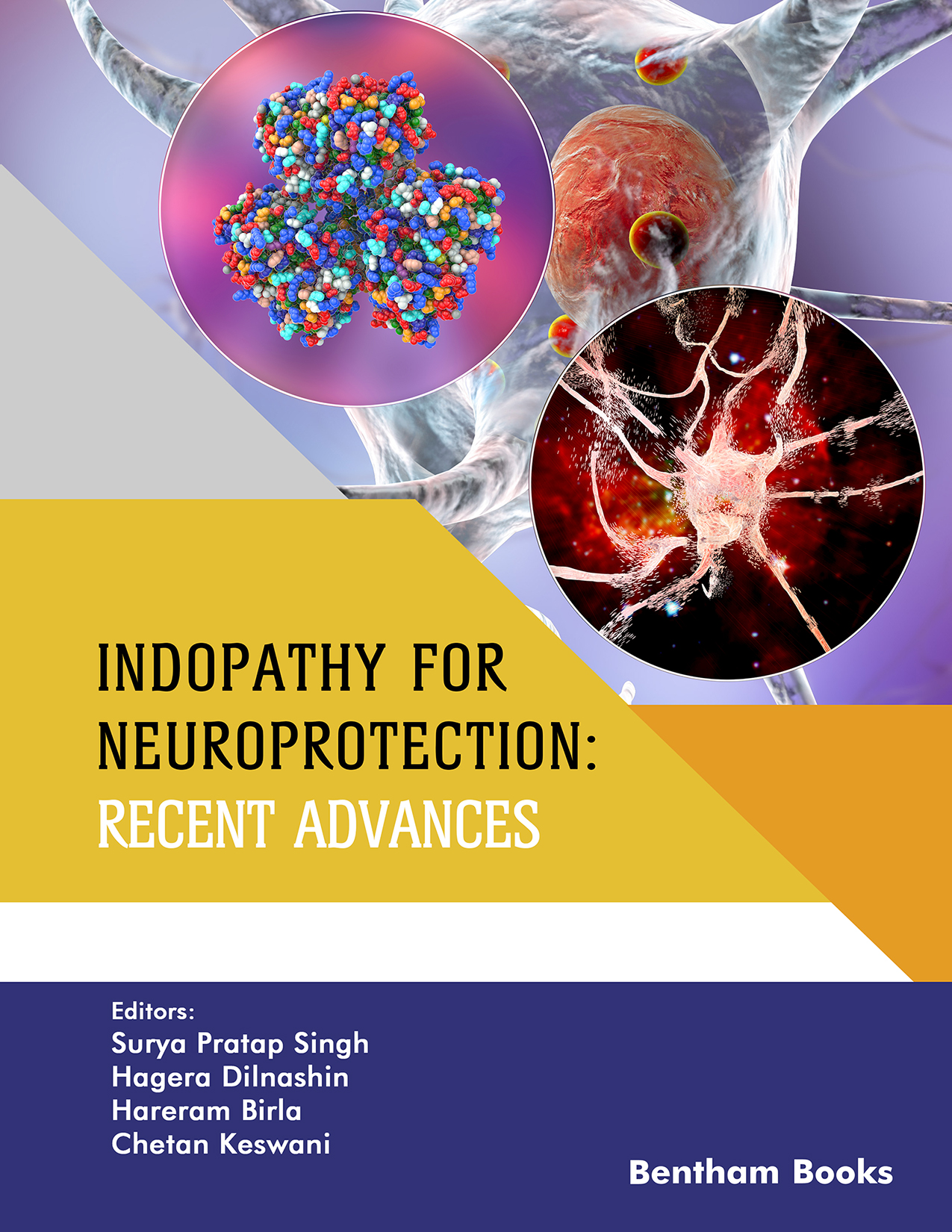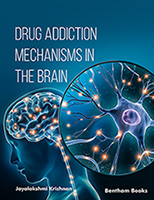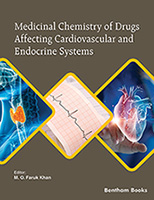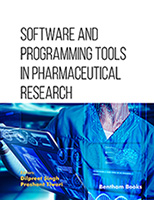Introduction
Degenerative nerve diseases are age-related, progressive and cause irreversible neurological loss that may lead to death. Chronic diseases like amyotrophic lateral sclerosis, Huntington’s disease, Alzheimer’s disease, and Parkinson’s disease are associated with insoluble protein depositions and pose serious health challenges that may intensify in the coming decades. Current therapies only help to alleviate some of the physical or mental symptoms associated with neurodegenerative diseases, although there is currently no remedy for slow disease progression. In recent years, attempts have been made to discover a mechanism for neurodegenerative diseases and prospective treatment that may help mitigate aging effects and prevent these diseases. Natural products have been a constant source of new approaches for the treatment of neurodegenerative diseases, in particular plant alkaloids and polyphenolic compounds.
Indopathy for Neuroprotection: Recent Advances
highlights herbal treatments that are preferred over conventional treatments in some regions. Book chapters focus on the effects of various medicinal plants that have shown promise in reversing pathological symptoms of neurodegenerative disease and highlight the neuroprotective role of medicinal herbal phytochemicals and their mechanism of action. The book serves as a reference for pharmacology and herbal medicine scholars as well as healthcare workers interested in information about alternative and complementary therapies for neurological disorders.





